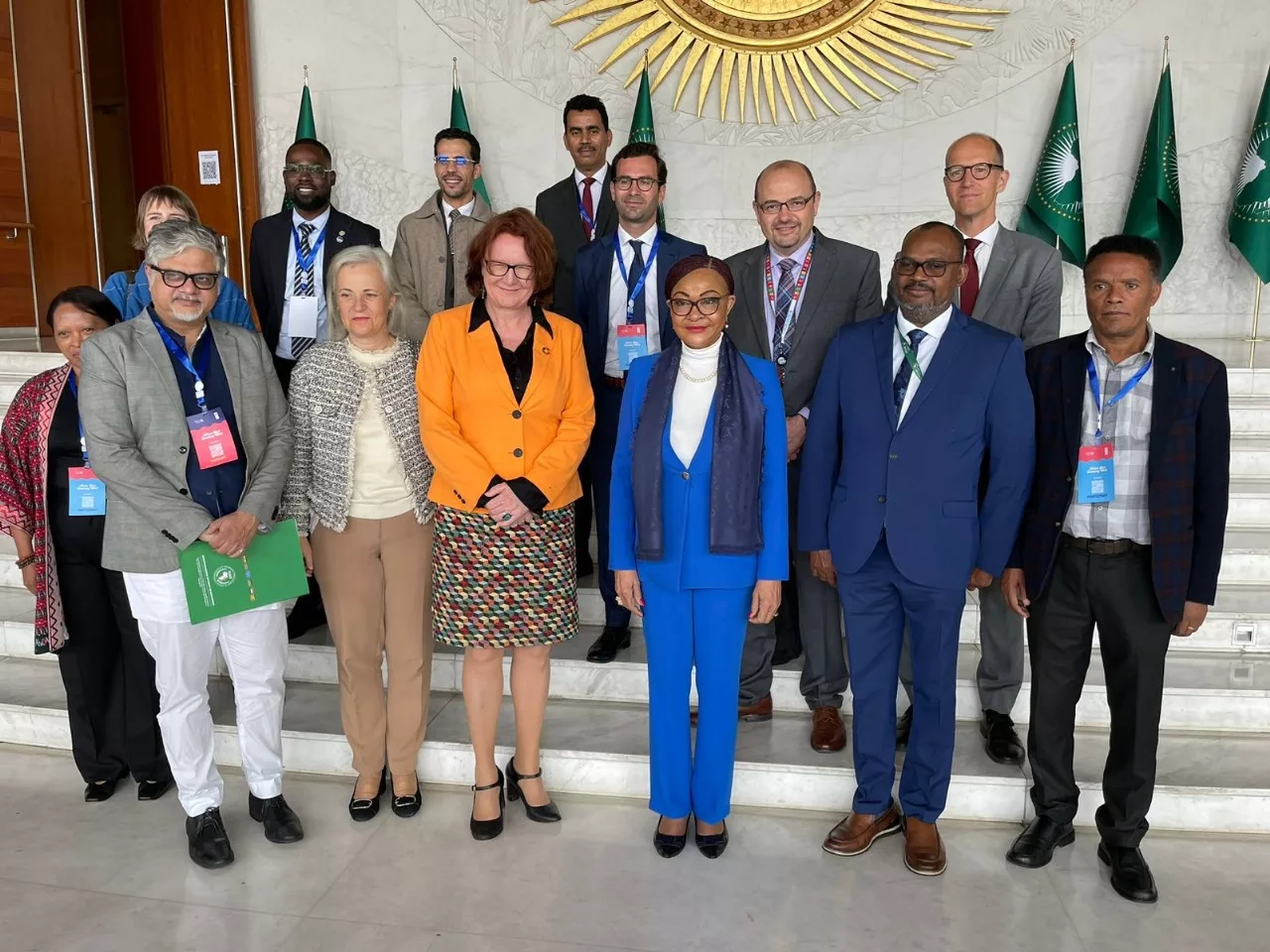|
Getting your Trinity Audio player ready...
|
African Union Commissioner, Josefa Correia Sacko, recognised yesterday in Addis Ababa (Ethiopia) that the support of the international community is a fundamental pillar for the development of carbon markets in Africa.
Speaking at the Africa Multilateral Conference on Carbon Markets, which runs from 24-26 July, the diplomat said that the concept of carbon markets presents a multifaceted scenario, both an opportunity and a challenge for various stakeholders.
According to her, however, for African governments, it is crucial to unlock the potential of carbon credit trading to be the key to unlocking a range of economic and development benefits, including job creation and access to crucial climate finance.
“Furthermore, carbon markets can offer a powerful tool to drive transformative change. However, the design and management of these markets must prioritise credibility, transparency, and integrity,” she said.
According to the AU Commissioner, it is also necessary to strengthen regulatory and institutional frameworks at all levels in order to maximise the benefits of carbon markets.
“Africa has immense potential to become a leading force in the development of global carbon markets, judging by its vast renewable energy production capacities and its unique ecosystems, which act as natural carbon sinks, positioning it as a key player in this critical sphere,” she argued.
In her view, it is, therefore, necessary to demystify and understand the concept of carbon markets to help African countries participate fully in the opportunities offered to them and to clearly define their benefit-sharing mechanisms, ‘leaving no one behind’.
Josefa Sacko, made it known that the carbon market can also be instrumental in promoting the global fight against climate change and, at the same time, pushing Africa towards the ambitious goals outlined in Agenda 2063, the AU’s strategy and action plan for climate change and resilient development (2022- 2032).
The Paris Agreement, adopted in 2015, is a landmark international treaty that aims to limit global warming to less than 2 degrees Celsius above pre-industrial levels, with efforts to limit the increase to 1.5 degrees Celsius.
One of the main mechanisms for achieving these goals is the use of carbon markets, described in Article 6 of the agreement as providing flexibility for countries to fulfill their nationally determined contributions cost-effectively, allowing them to buy carbon credits from other countries or projects that have achieved reductions.
Another important aspect of this agreement is to boost investment in low-carbon technologies and sustainable development projects, stimulate innovation by encouraging the development of new methods and technologies to reduce emissions, and facilitate global cooperation in tackling climate change, with developed countries providing financial resources and technical expertise to developing countries.






